Benefits
Rhubarb (Rheum rhabarbarum) root tincture by Nutritional Frontiers.
Rheum rhabarbarum is a perennial herb that belongs to the buckwheat family. Rhubarb is native to cool, temperate, and subtropical areas in Mongolia, India, and China. Rhubarb was first introduced to Europe via the Silk Road trade routes in the first century BCE.
The rhizomes have been used in Asia for medicinal purposes for at least 5000 years. Plants in the rhubarb family contain many beneficial compounds such as flavonoids, essential oils, organic acids, stilbenes, anthraquinones, tannins, and more. Rheum (rhubarb) can have a laxative effect and has also been used by herbalists for tonifying the stomach, stimulating digestion, helping to balance female hormones, and more.
Some compounds within rhubarb have been researched and are shown to demonstrate antiinflammatory and antioxidant effects, as well as improve insulin secretion from the pancreas. The anthraquinone glycosides give rhubarb its laxative effect and have been shown to inhibit cancer cell growth and proliferation, according to in vitro research. Some researchers suggest that future studies on rhubarb should investigate its ability to enhance the anti-cancer effects of chemotherapy drugs.
Rhubarb root extract is successfully used to treat women with menopausal symptoms. Several studies showed that perimenopausal women using a rhubarb extract experienced a reduction in hot flashes, anxiety, and other menopausal symptoms with no side effects. Significantly, rhubarb appears to have phytoestrogen-like benefits in reducing menopausal symptoms but without stimulating unwanted uterine or endometrial proliferation, according to studies in both animals and humans.
Supplement facts
Serving Size: 1 Dropper (1ml)
Servings Per Container: 48
Rhubarb 60%
(Rheum rhabarbarum)
Other Ingredients: 40% alcohol as a preservative.
Suggested Use: 1-2 full droppers, 1-2 times daily
Warning: Rheum should be used with caution in people who are prone to diarrhea or have inflammatory bowel disease. There are some drug-herb interactions to watch for with this herb. Rhubarb supplements should not be combined with anticoagulant (blood-thinning) medications like warfarin due to a potential increase in bleeding effects. Nor should rhubarb be taken by people who are using digoxin, corticosteroids, or any stimulant laxatives.

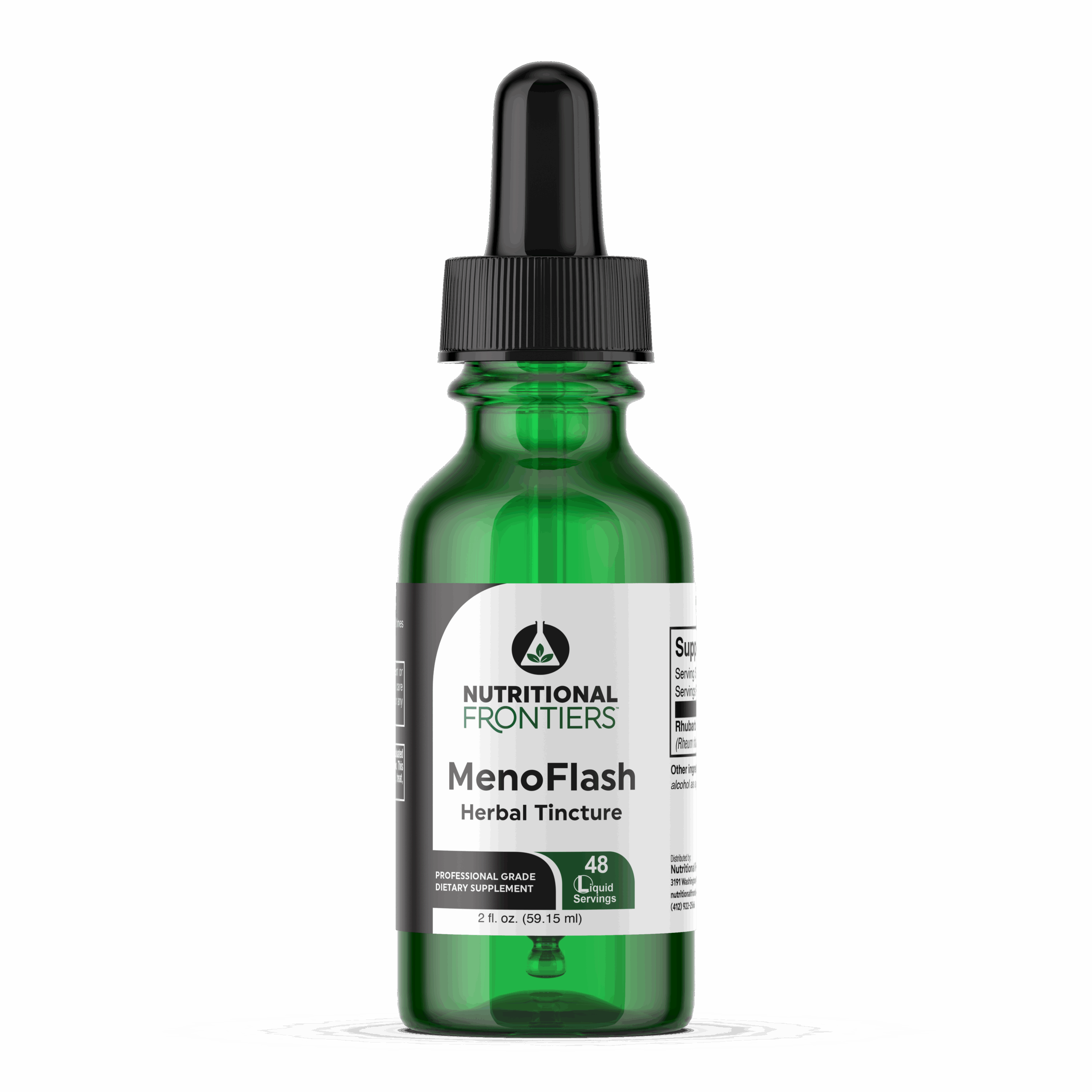
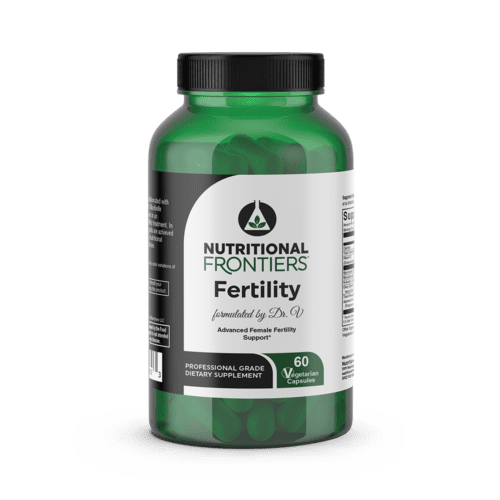
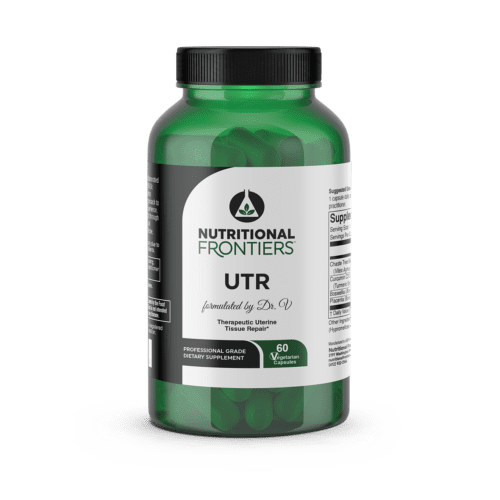
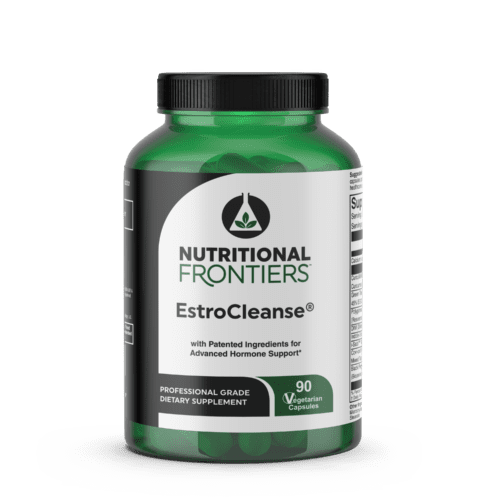
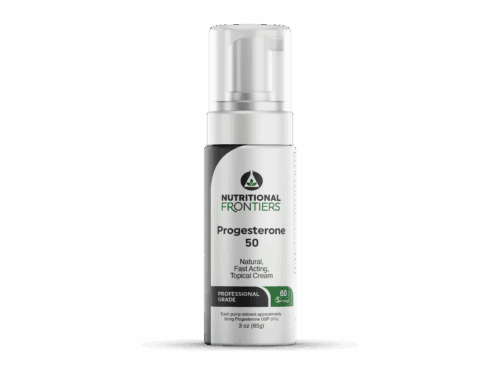
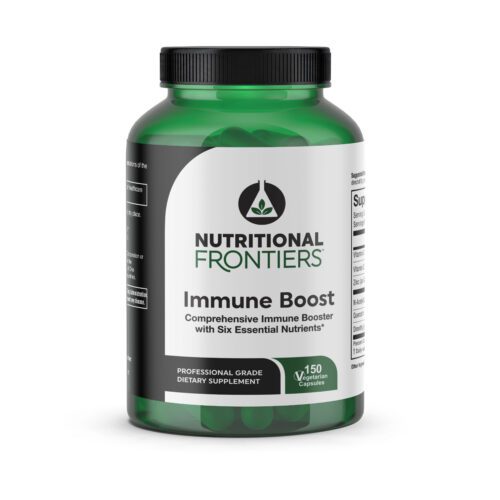


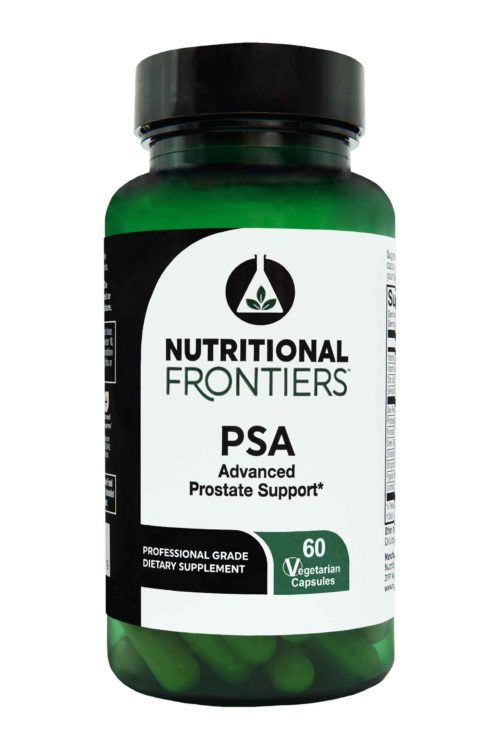
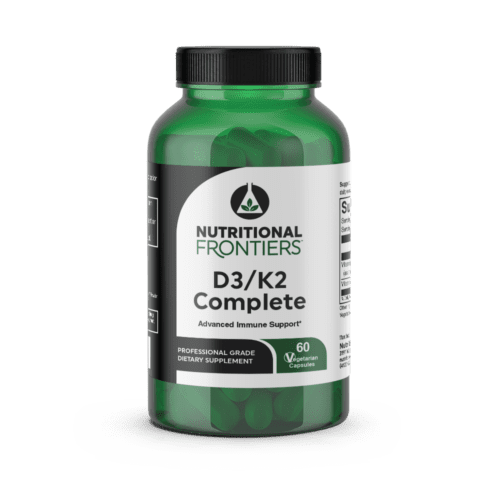
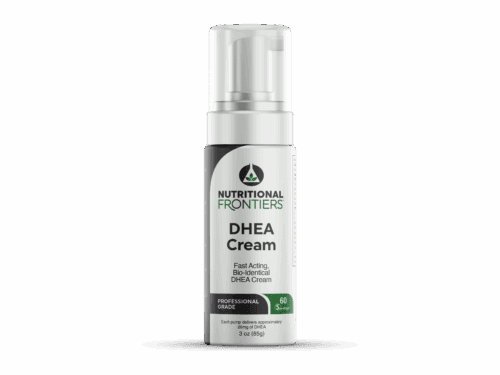

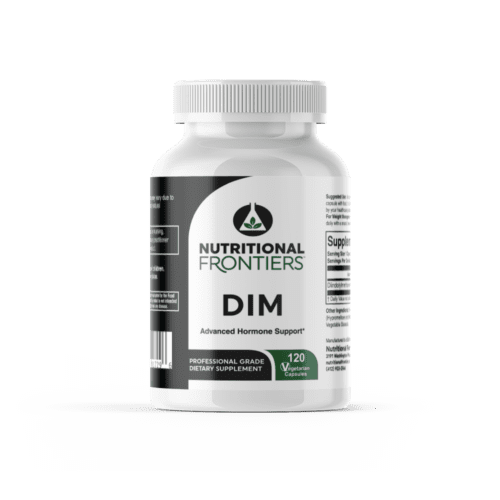
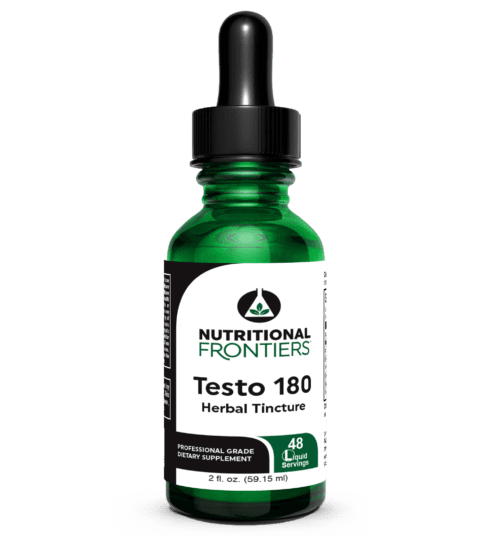
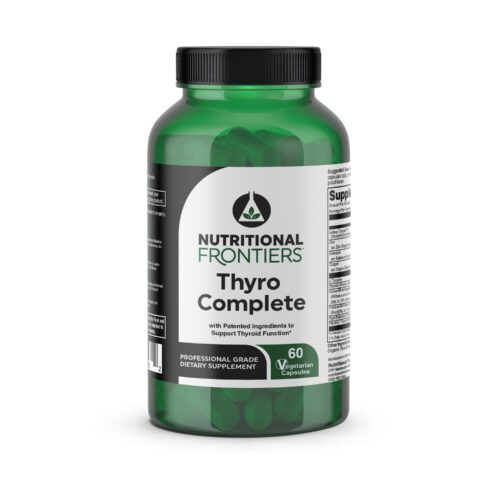
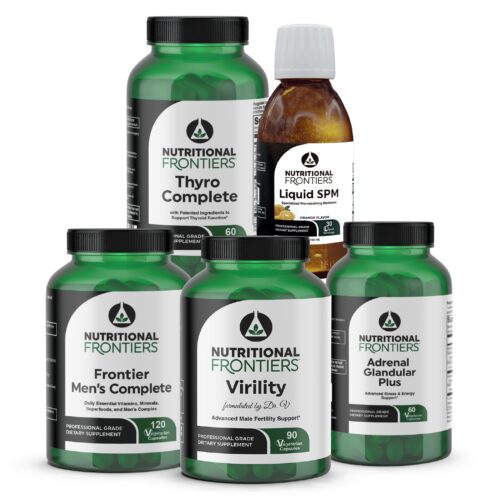

Reviews
There are no reviews yet.